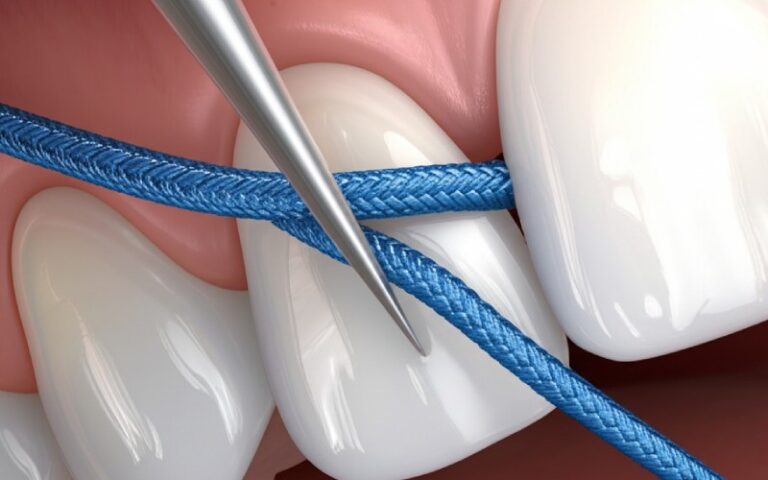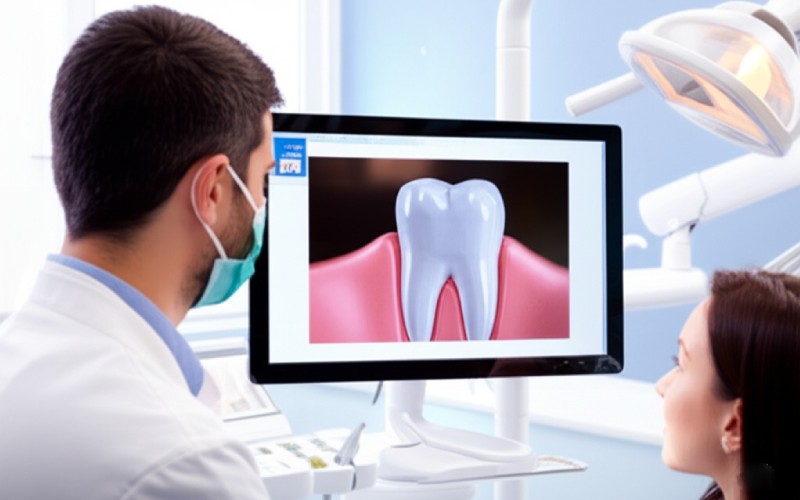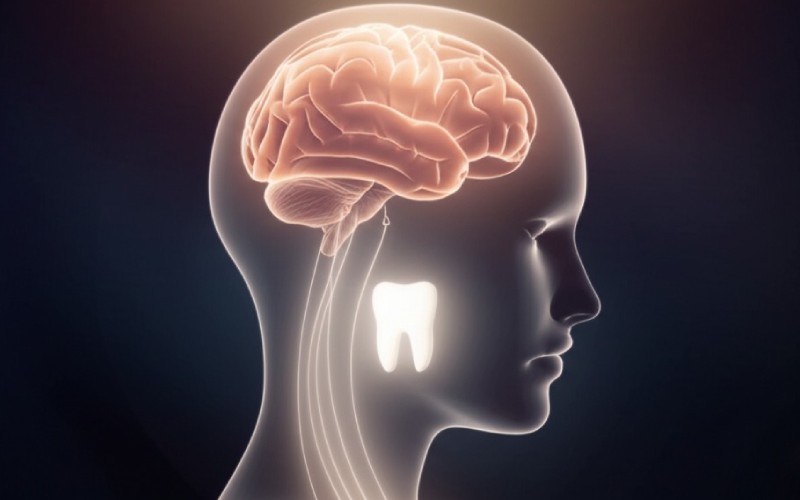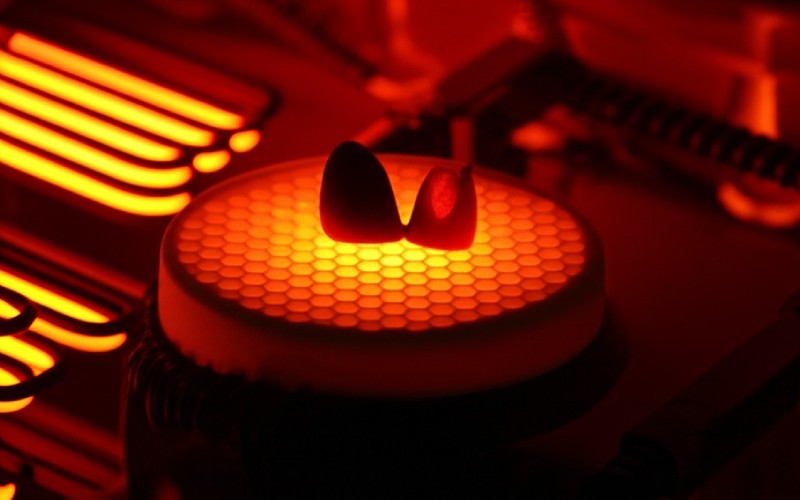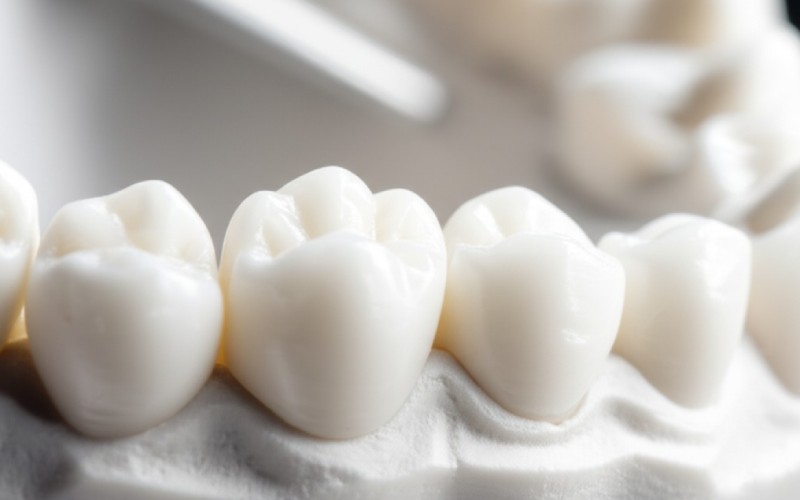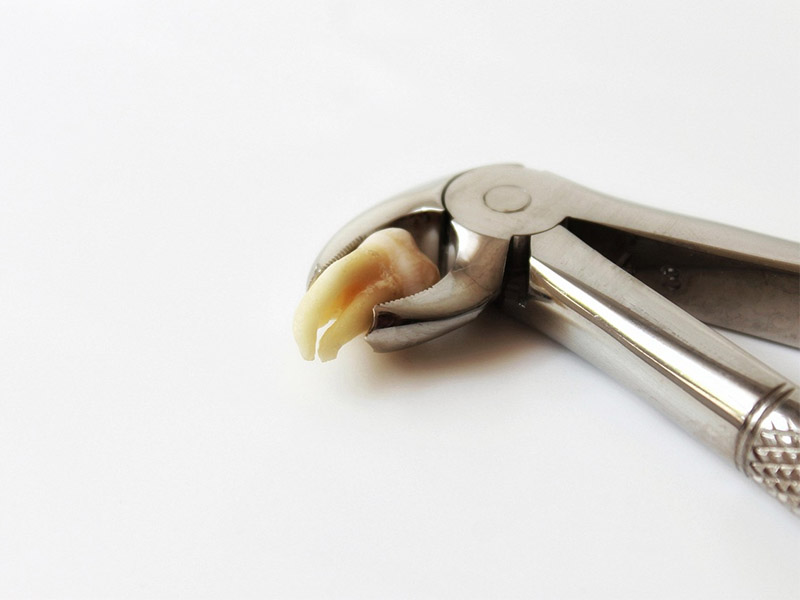
Wisdom Teeth Extraction: A Simple Guide to Removal
In this guide, I want to answer all the questions you might have about getting your wisdom teeth removed. This article will walk you through everything, from why you might need the procedure to how to have a smooth recovery.
Indholdsfortegnelse
What Exactly Are Wisdom Teeth?
Let’s start with the basics. What are wisdom teeth? Your wisdom teeth are the third and final set of molars that most people get. These teeth usually appear in your mouth in your late teens or early twenties. This is why they are called wisdom teeth—they come in when you are thought to be older and wiser. Wisdom teeth are the last of your permanent teeth to come in. Most people have four wisdom teeth, one in each back corner of the mouth.
When the wisdom teeth come in, they can be a normal part of your mouth, just like your other adult teeth. For many people, though, there isn’t enough room for them. Your jaw might be too small for this last molar on each side. The way your wisdom teeth grow in is very important for your overall dental health.
So, do we really need wisdom teeth? A long, long time ago, our ancestors needed them to chew tough, raw food. Our diets are much softer now, and our jaws are smaller. Because of this, many of us don’t have space for these teeth to come in correctly. This is why getting your wisdom teeth checked by a dentist or oral surgeon is a key part of dental care, especially between the ages of 17 and 25.
Why Do My Wisdom Teeth Need to Be Removed?
You might wonder, “Why do these wisdom teeth even need to be removed?” The biggest reason is crowding. If your jaw is too small, your wisdom teeth may push on your other teeth and cause problems. This can make your other permanent adult teeth crooked. It can also cause pain and damage to the roots of the molar next to it. Your dentist keeps an eye on the position of your wisdom teeth with x-rays.
Another common problem is when wisdom teeth get stuck. This is called impacted wisdom teeth. An impacted tooth is a tooth that can’t fully break through the gum. It might grow in sideways, or only come out part of the way. Impacted wisdom teeth can be very painful. They can also lead to an infection in your gum tissue or even cysts that can damage the jawbone and other teeth.
Finally, even if your wisdom teeth come in straight, they can still cause issues. Because they are so far back in your mouth, they can be hard to clean. This makes it easy for food and germs to get trapped. This can lead to tooth decay and gum disease around your back molar. To prevent these long-term complications, your dentist or oral surgeon might recommend removing your wisdom teeth.
How Will I Know If I Need to Remove My Wisdom Teeth?
So, how do you know if you are someone who will need to have them removed? The best way to know for sure is to talk to your dentist. Regular dental check-ups are very important, especially in your teens or early twenties. Your dentist will take x-rays to see how your wisdom teeth are coming in. They can see if the teeth appear to be impacted or growing at a bad angle.
You might also feel signs that tell you there is a problem. You might feel pain or discomfort in the back of your jaw. The area around your wisdom teeth might look red or feel sore. Your gum might feel tender or bleed. This can be a sign of infection. Sometimes, you might have trouble opening your mouth wide.
If you have any of these signs, you should see your dentist right away. But even if you don’t feel pain, your dentist might still recommend wisdom teeth removal. This is often done to prevent future dental problems before they start. It’s a key part of good wisdom teeth management. It’s better to deal with your wisdom teeth before they can cause pain or damage.
What Happens During a Wisdom Teeth Extraction?
The idea of a wisdom teeth extraction can sound scary, but it’s a very common outpatient procedure. This means you will go home the same day. First, your dentist or oral surgeon will explain the whole process. You will sit in a special dental chair. The main goal is to make sure you are comfortable and don’t feel any pain during the procedure.
To get the tooth was removed, the surgeon will need to open the gum tissue over the tooth. If the tooth is impacted, they might need to remove a small bit of bone that is covering the tooth. Sometimes, the tooth is cut into smaller pieces to make it easier to remove. After the wisdom teeth are removed, the surgeon will clean the area.
Once the wisdom teeth are out, the surgeon may stitch up the gum. These stitches usually dissolve on their own in a few days. Then, they will place a piece of gauze over the extraction site to help stop the bleeding. After the surgery, you will be taken to a recovery room where you can rest until you are ready to go home. The whole wisdom teeth removal is usually quick.
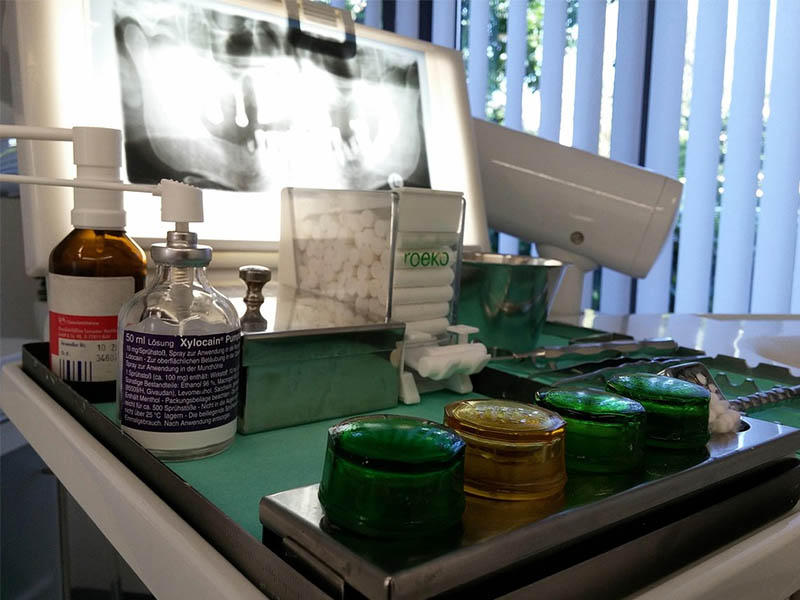
Will the Dental Procedure Hurt? Let’s Talk Anesthesia.
This is the number one question everyone asks: “Will it hurt?” The answer is no, you should not feel pain during the procedure. This is because of anesthesia. Your dentist or oral surgeon will use anesthesia to numb the area or put you into a light sleep. There are a few different options, and you will discuss the best type of anesthesia for you.
The first option is local anesthesia. This is a shot that makes the area around your wisdom teeth completely numb. You will be awake, but you won’t feel anything. The next option is sedation. This can be a pill you take or medicine given through an IV line in your arm. With sedation, you will feel very sleepy and relaxed. You might not remember much about the procedure at all.
The third option is general anesthesia. With general anesthesia, you are completely asleep. This is often used if your wisdom teeth extraction is more complex or if all four wisdom teeth are being removed at once. General anesthesia may be recommended to ensure you are totally comfortable. No matter which type of anesthesia is used, the goal is the same: a pain-free experience.
Who Performs a Wisdom Teeth Removal?
When it’s time to remove your wisdom teeth, the procedure will be done by either a general dentist or oral surgeon. A general dentist can perform simple extractions, especially if the wisdom teeth have fully come through the gum. They handle many types of dental care and may have a lot of experience with this.
However, for more complex cases, you will likely be sent to an oral surgeon. An oral surgeon is a specialist who has extra years of training in surgery of the mouth and jaw. They are experts in dealing with impacted wisdom teeth and other difficult extractions. They are also trained to give stronger forms of anesthesia, like IV sedation or general anesthesia.
Your dentist will look at your x-rays and decide who is the best person for your specific case. If your wisdom teeth are deep inside your jawbone or are in a tricky spot, an oral surgeon is the best choice. They have the skill and tools to handle the surgery safely and reduce the risk of complications.
How Should I Prepare for My Wisdom Teeth Being Removed?
Getting ready for your wisdom teeth removal is an important step. Your dentist or oral surgeon will give you a list of instructions on how to prepare. It is very important to follow them closely. One of the most important rules is about eating and drinking. If you are having general anesthesia or sedation, you will be told not to eat or drink anything for about six to eight hours before your surgery.
You also need to plan for your ride home. The anesthesia will make you feel sleepy and dizzy, so you will not be able to drive. You must arrange for a friend or family member to drive you home. They should also plan to stay with you for the rest of the day to make sure you are okay.
Wear comfortable, loose clothing on the day of your surgery. Don’t wear jewelry, makeup, or contact lenses. Make sure you ask your surgeon any last-minute questions you have. Being prepared will help you feel more relaxed and will help your surgery day go smoothly.
How Do You Recover from Wisdom Teeth Removal?
Once your wisdom teeth are removed, the recovery process begins. Your main job is to rest. For the first 24 hours, you should take it very easy. Don’t do any heavy lifting or hard exercise. Keeping your head propped up with pillows can help reduce swelling. Swelling is a normal part of healing, but you want to keep it down as much as possible.
You will have some gauze in your mouth over the socket where the tooth was. You will need to bite down gently on it to help stop the bleeding. Your surgeon will tell you how often to change it. A little bit of bleeding on the first day is normal. The goal is to let a blood clot form in the empty socket. This clot is very important for healing.
You will need to be careful with what you eat and drink. For the first few days, you should only eat soft food like yogurt, applesauce, and soup. Don’t drink from a straw. Sucking can pull the blood clot out of the socket. This can lead to a painful problem called a dry socket. We’ll talk more about that next. Your recovery time will be shorter if you follow all these rules.
How Do I Handle Pain and Discomfort After Surgery?
It’s normal to have some pain and discomfort after your wisdom teeth extracted. Your jaw and gum will be sore. Your surgeon will give you a plan for pain management. For most people, over-the-counter pain relievers like ibuprofen work well. This kind of pain reliever can also help with pain and swelling.
If your surgery was more complex, your surgeon might give you a prescription for a stronger pain medication. Take this pain medication exactly as your doctor tells you to. Don’t wait for the pain to get really bad before you take your medicine. Staying on top of the pain will make your recovery much more comfortable. Using an ice pack on your cheek can also really help. An ice pack can reduce pain and swelling.
You should apply the ice for about 20 minutes, then take it off for 20 minutes. Do this as much as you can for the first 24 to 48 hours after your wisdom teeth surgery. The pain and swelling should be at its worst around the second or third day, and then it will start to get better. If your pain gets worse after a few days, you should call your surgeon. This could be a sign of a problem like a dry socket or an infection in the extraction site.

What Are the Keys to a Smooth Recovery?
To recover from wisdom teeth removal without any problems, you have to protect the blood clot. This little clot that forms in the socket is like a superhero for healing. If it gets knocked out, you can get a dry socket. A dry socket happens when the bone and nerves in the socket are exposed. It can be very painful.
To avoid a dry socket, don’t smoke, spit, or use a straw for at least a week. Also, be very gentle when you brush your teeth. You should avoid brushing your teeth right next to the extraction site for the first day. After the first 24 hours, you can gently rinse your mouth with warm salt water. This helps keep the area clean and can lower the risk of infection.
You can start to brush the nearby teeth gently after a day or two, but stay away from the socket. It is very important to keep your teeth and gums clean, so don’t stop your normal routine of a good brush and floss on your other teeth. The healing gum tissue is delicate. By following these rules for at least a week, you can avoid a painful dry socket and help your mouth heal quickly. The days after wisdom surgery are key.


